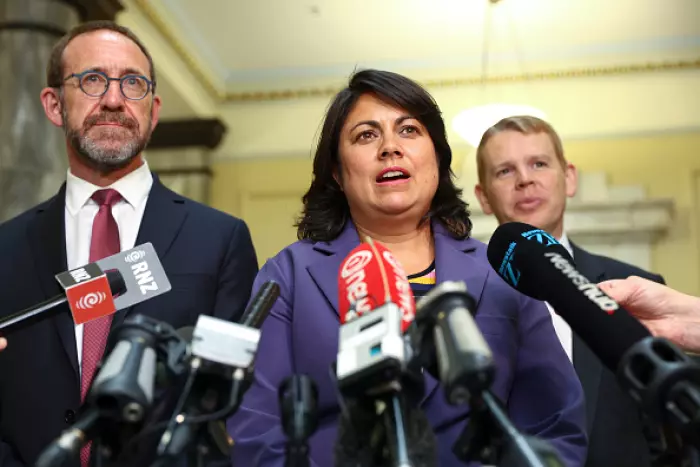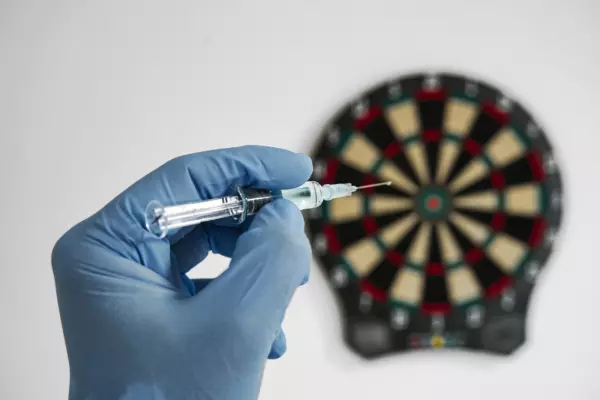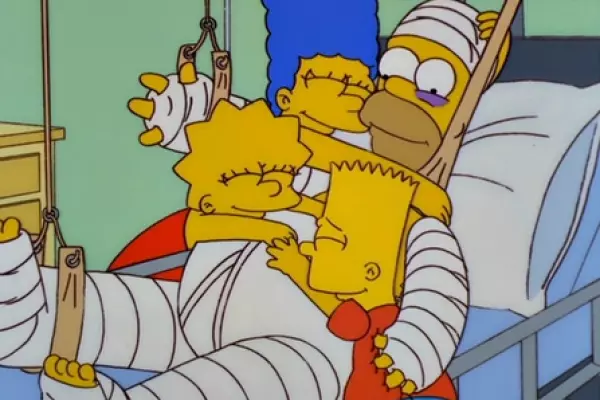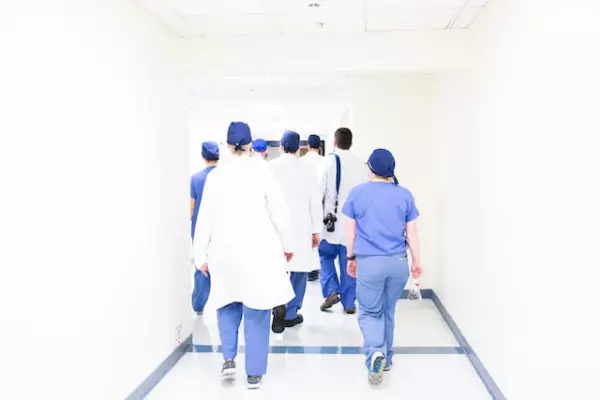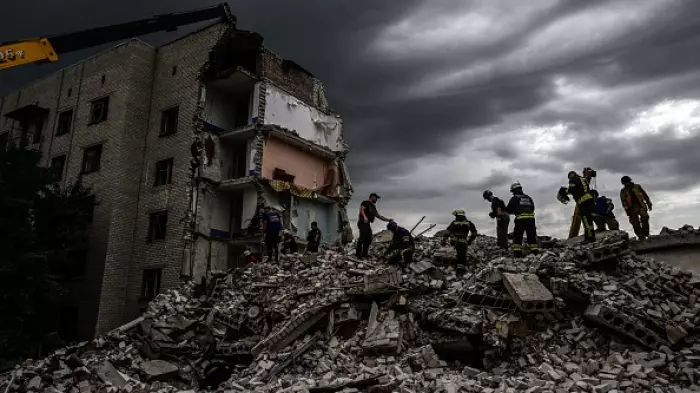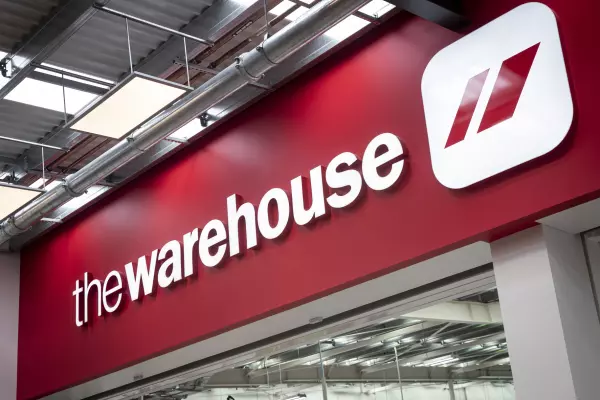Since I’ve been involved in the health system, first as a union leader and more recently as a commentator, I’ve seen three health ministers ‘sacked’.
They were National’s Simon Upton in 1993, Labour’s Pete Hodgson in 2007 and now Andrew Little. In all three cases it was because, under their watches, the health portfolio had become a liability in an election year.
But Little was the only one of this trio who has been also significantly demoted in cabinet ranking.
To better understand Little’s abrupt end as health minister and his replacement by Dr Ayesha Verrall, here’s some context.
Over the same 34 years, I have witnessed three major health restructurings. The first was after the 1990 election when National ousted the Labour government and tried to create a competitive ‘internal market’ to drive the health system.
The second was when Labour returned to office after the 1999 election. It replaced competition with co-operation to be based on district health boards (DHBs) responsible for geographically defined populations and featuring horizontal integration between care provided in communities and their hospitals.
Both these restructurings followed a change of government. But the third restructuring was different. There was no change of government. Instead, it only involved a change of health minister – David Clark to Little, via Chris Hipkins.
Staff shortages
When the Labour-led government took office in October 2017, it inherited a crisis in the health system, largely due to severe staff shortages caused by a mix of longstanding relative underfunding and rising acute patient demand, due largely to increasing illness (particularly chronic conditions).
Labour was well aware of this crisis and understandably took advantage of it during its election campaigning. However, when it took office, it made the fatal mistake of focusing on restructuring rather than addressing the pressures on the health system. Inevitably, they festered and worsened.
In its first term, it set up a review of the health and disability system, chaired by Heather Simpson. During the 2020 election campaign, Labour committed in principle to putting in place the review’s recommendations. They included setting up Health New Zealand and continuing with DHBs, although reducing the number.
Little announced the decision to abolish DHBs just four months after he became health minister. There was no prior public discussion, nor even hints. There was not even a discussion within the health system on the merits and risks of such drastic action.
Although it was Little’s initiative, it did need prime minister Jacinda Ardern’s signoff, along with her ‘kitchen cabinet’, which includes Little. You could argue that he’s the scapegoat for a collective decision – but it was his initiative.
This decision had two big impacts. First, it destabilised and further distracted the health system by announcing the abolition of the statutory bodies responsible for planning and providing healthcare in NZ. As a result, it took even longer to address workforce shortages.
Second, his announcement was in the middle of a pandemic. This compounded the distress the health system, and its workforce, were already suffering.
The king of the dogmatic sound-bite
Little was unable to provide a convincing rationale for suddenly departing from the fundamental premise of the Simpson review. Instead, he dogmatically resorted to misleading sound bites, such as ‘postcode lottery’ and ‘20 different health systems’.
The health system had already seen Little’s dogmatism in 2019 when he held the justice portfolio. Justice is responsible for forensic pathology services based in public hospitals, by funding a very small national service (the number of forensic pathologists was in the single digits) provided by DHBs, mainly in Auckland. It was a service that punched well above its weight in effectiveness.
However, Little was persuaded by Ministry of Justice officials to split the service into three separate services, where each provider would be decided by competitive tendering.
When he did so, he ignored strong pleas from forensic pathologists who said this fragmentation would be disruptive and make it more difficult to provide the service.
We saw this narrow dogmatism last year when he claimed to know more about intensive care capacity in public hospitals than the specialists who worked in them.
By the time of PM Hipkins’ reshuffle this week, Labour could see that it was going into an election vulnerable on health. Its health minister had significantly contributed to this. But it’s one thing to say Little had to go; it’s another question whether Ayesha Verrall is the right replacement. I believe she is.
Verrall has much more experience in the health system than any other minister in or out of cabinet, including her three Labour predecessors in the portfolio.
Expertise plus experience
Her expertise and experience as an infectious diseases specialist are invaluable. She has also been an elected DHB member.
There are two criticisms of her appointment. Some say she is inexperienced as a cabinet minister. But this ignores her impressive and strategic performance as an associate health minister. This includes the folate in bread debate, pursuing fluoridation, tobacco control and now vaping.
These measures will reduce pressure on the health system much more than Labour’s restructuring could ever do. The criticism also ignores her experiences as the covid-19 minister.
The second criticism is her media performance. She is not a natural media performer and has a degree of hesitancy that gives the appearance of nervousness. But this is overstated.
This performance is still a work in progress, but it’s more than compensated for by her intellect and natural empathy. This trumps a media-experienced health minister unable to project empathy and with much less health system experience. Little does deserve credit for setting up Te Aka Whai Ora/Māori Health Authority, but that’s about it.
Verrall’s performance as health minister will not stop health from continuing to be a liability for Labour as it goes into the election.
Too much damage has already been done. But it will give an overwhelmed health workforce and the public more confidence that their minister understands the health system and what it’s going through. She can at least prevent more damage being done to Labour’s credibility on health and perhaps even improve some of it.
One thing is sure, however. Verrall will never claim to know more about providing forensic pathology than forensic pathologists, and she will never claim to know more about intensive care capacity than specialist intensivists.


